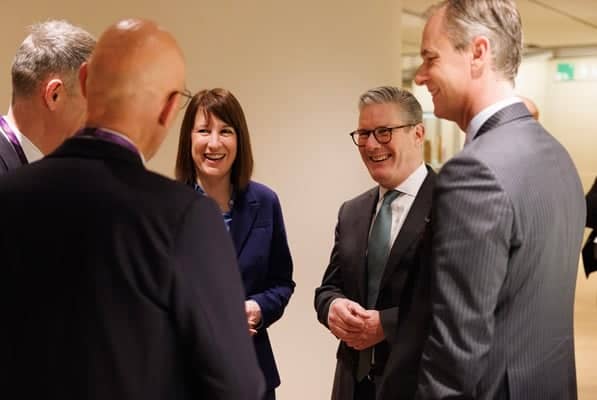
""If the fiscal 'black hole' is as big as the £50bn some economists are suggesting, the Government will need to break some of its election promises unless it is willing to break its 'fiscal rules' by additional borrowing. Although this would be against the Labour Party manifesto commitment, employee and self-employed National Insurance Contributions (NICs), could be increased, potentially back to the 12% rate which applied before it was cut by Jeremy Hunt as Chancellor.""
""Per Treasury estimates, a 1p (1%) rise in the basic rate of employee NICs would raise £5.35bn. Overall, pushing the core rate of NICs back to 12% would raise about £21bn. Alternatively, a 1p (1%) raise in the supplementary rate of employee NIC, which is an increase from 2% to 3%, would raise around £2bn. Another option is to extend the freeze on tax rate bands and tax thresholds until at least April 2029; the tax bands are ready frozen until April '28.""
A possible £50 billion fiscal shortfall in UK finances could force the government to choose between breaking manifesto commitments or increasing borrowing. Options include raising employee and self-employed National Insurance Contributions (NICs) — potentially restoring the core NIC rate to 12% or increasing the supplementary rate from 2% to 3%. Treasury estimates indicate a 1p rise in basic employee NICs would raise about £5.35bn, core NICs at 12% would raise about £21bn, and a 1p rise in the supplementary rate would raise around £2bn. Extending the freeze on tax bands and thresholds to April 2029 would increase tax liabilities without legally raising rates. If the gap remains large, rises in core taxes such as income tax and VAT may be required.
Read at London Business News | Londonlovesbusiness.com
Unable to calculate read time
Collection
[
|
...
]